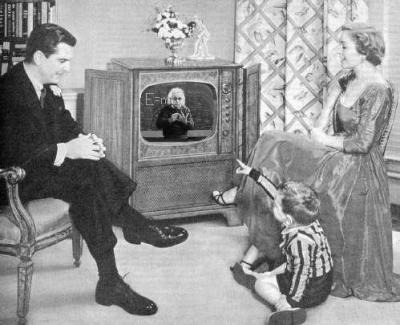Part Two - The Mythology of Poverty
“The poor you will always have with you.” These words of Christ in Mark 14 have been used by Christians and non-Christians alike to defend the status-quo of Western Civilization for 2000 years. If the poor are always going to be around, what's the use in trying?
The "use" lies in following the very commandments of Christ, who told his followers, “By this all men will know that you are my disciples, if you have love for one another (John 13:35)." Caring for one another, especially those who need it most, is proof to the world that we are disciples of Christ. When we take care of the hungry, the thirsty, the needy, the naked, and the sick, we are taking care of God himself (Matt. 25:31-46). In a nation where moral values trump all at the polls, fighting poverty should be a chief priority for Christians of any stripe.
Yet the mythology of poverty tells us that because the poor will always be with us, eradicating poverty should not be one of the primary goals of the community (whether that be the community of the church or of the state). This myth has become so powerful that it has reached outside of the church to those who have little knowledge of who Jesus Christ was. Poverty has become one of the givens of Western, commercial, industrialized culture.
But just because poverty will always exist, that does not give us an excuse to ignore it. That was never what Christ meant. He did everything but ignore poverty. He grew up in it. He lived it. His closest followers were fishers and farmers who wandered the Palestinian countryside without a roof for their heads. The bulk of his ministry (when he wasn't criticizing the religious leaders of his day) was spent relieving the poor and oppressed of their situation. His kingdom, which he spoke of so much, was to be built upon the meek, the humble, and those with little political or economic clout.
We’ve lost that in our society today. The church has both political power and economic influence. But in losing our socio-economic meek[weak]ness we’ve gained something great as well – the power to lift those in need to a better level. We have the power, whether as the American church or as a Christian nation, to change the way things are . If we fail the hungry and sick, the poor and oppressed, the captive and widowed, we are not only failing to love, we are failing to care for God, when he needs it most.
And if we are failing on that front, what does that say about our "Christian" nation?
Thursday, November 18, 2004
Poverty and Moral Values
Posted by
jonny
at
11:02 AM
![]()
Subscribe to:
Post Comments (Atom)




No comments:
Post a Comment